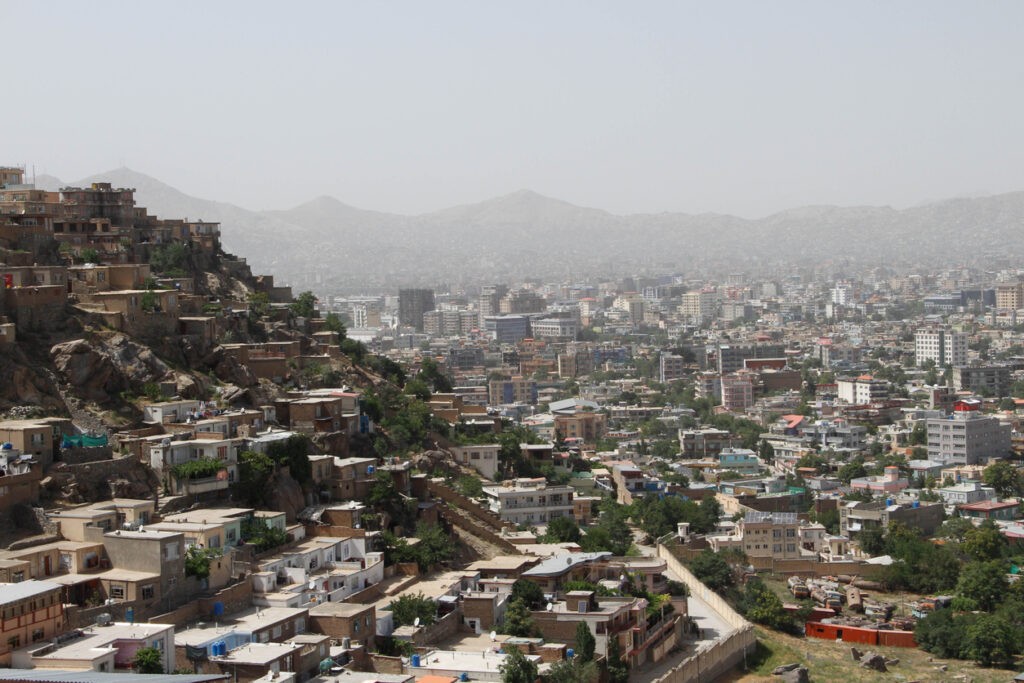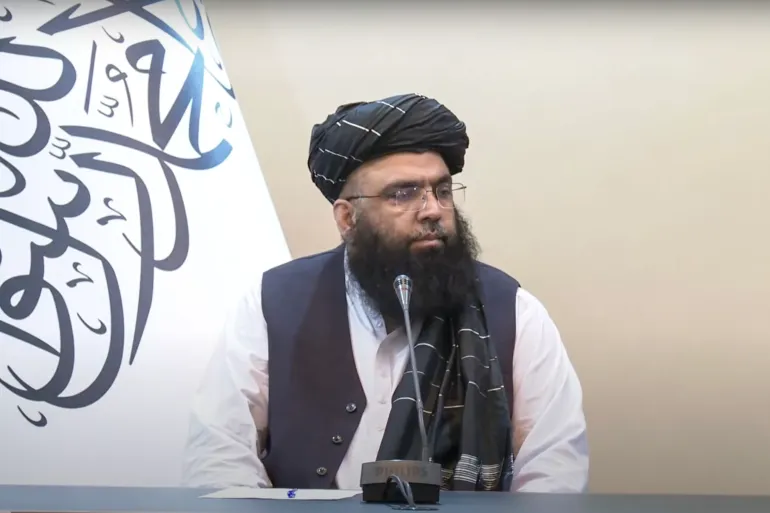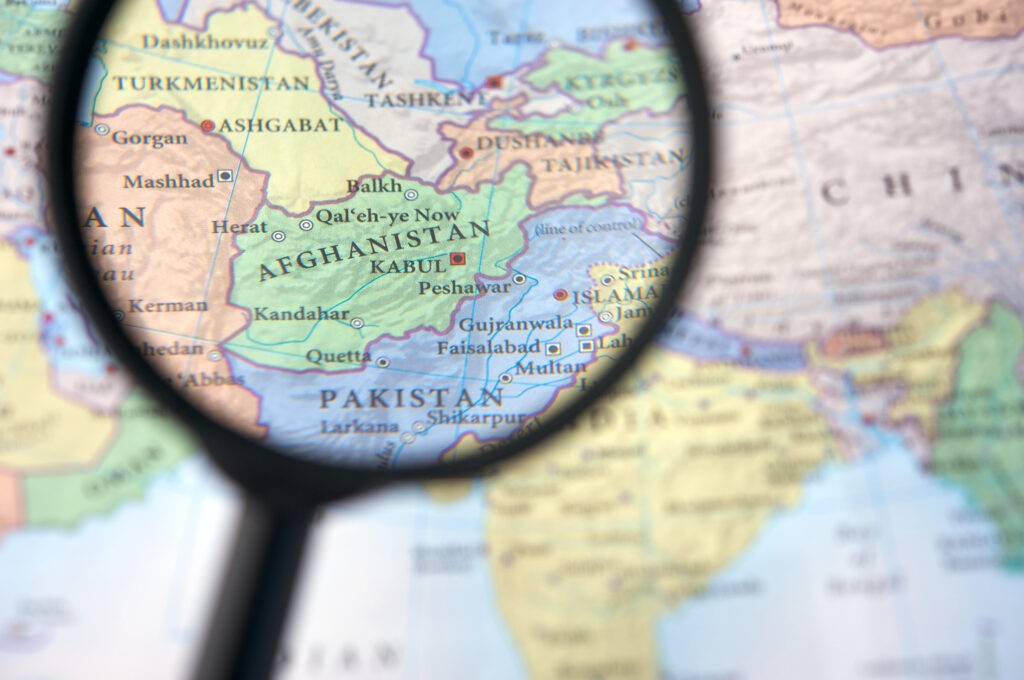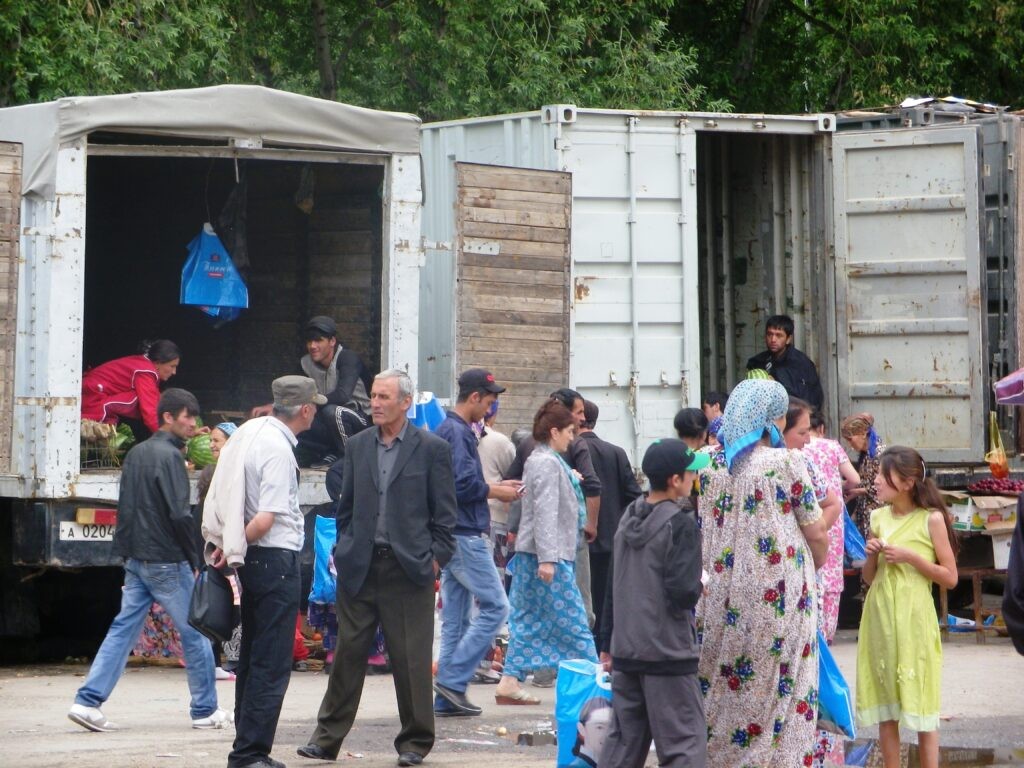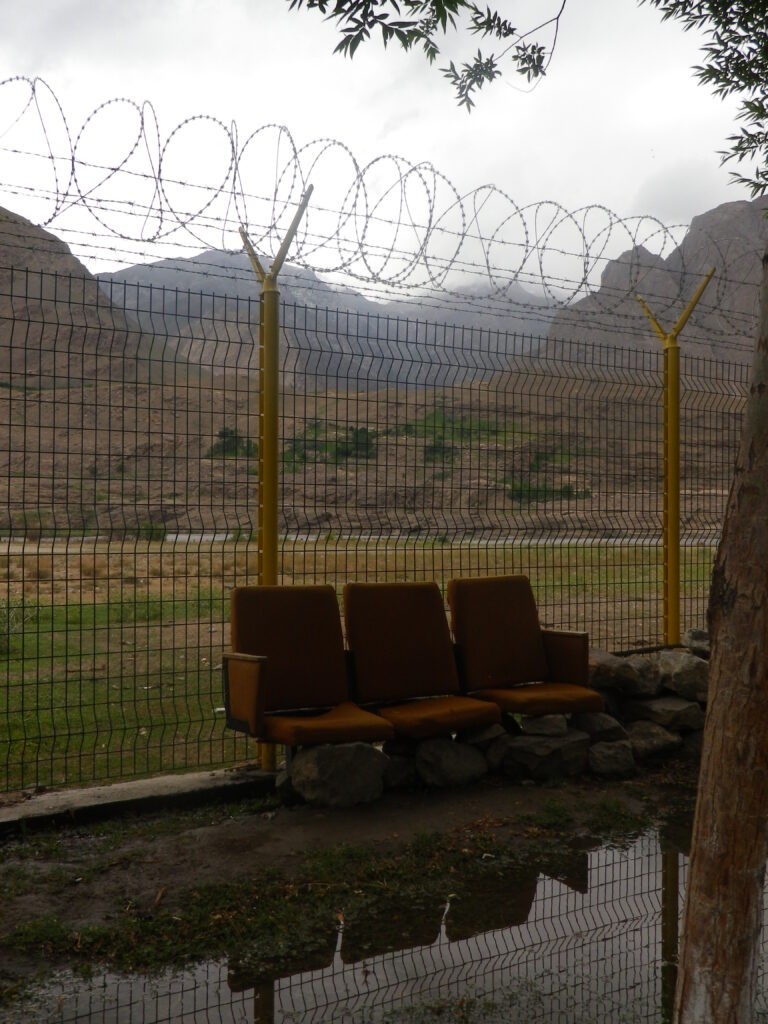Central Asia Asks: Are Afghanistan’s Taliban Government Terrorists?
On June 3, Kazakhstani President Kassym-Jomart Tokayev met with speakers of CSTO countries’ parliaments, who were in Almaty for a meeting of the Council of the CSTO Parliamentary Assembly. At this event, Tokayev separately touched upon the situation in Afghanistan. In his view, one of the strategic tasks at this point is actively linking Afghanistan with the region. Tokayev recalled that “Kazakhstan had removed the Taliban regime from its list of terrorist organizations, basing this decision on the importance of developing trade and economic cooperation with today’s Afghanistan and the understanding that this regime is a long-term factor.” The last bit, namely that “Kazakhstan had removed the Taliban regime from its list of terrorist organizations,” was presented by many foreign media, probably due to its simplicity, as something that had just happened. For example, the Russian-language service of Deutsche Welle reported that “the Kazakh authorities have decided to exclude the Taliban movement from the list of terrorist organizations.” Similar stories were carried by various other news media, like RFE/RL’s Kazakh service, 24.kg and Amu TV, among others. However, some publications objectively covered Tokayev’s statement. For example, The Diplomat reported that “Tokayev explained his government’s decision in more detail,” while Sputnik India wrote that "Tokayev explained Almaty's decision in December to drop the group from the list.” Asia-Plus ran a similar story. Given all the noise, it would be useful to clarify the situation for readers. The decision to exclude the Taliban from the list of banned foreign organizations was made by Kazakhstan’s Supreme Court on December 20, 2023, almost six months ago. The Taliban had been put on the list in March 2005. At that time, they were actively fighting the NATO-led international coalition, which had launched the so-called Operation Enduring Freedom in October 2001 in response to the 9/11 terrorist attack. The Kazakhstani Foreign Ministry cited UN decisions to back up its move to take the Taliban off the terrorist list. Foreign Ministry spokesperson Aibek Smadiyarov said that “according to UN Security Council resolutions, which are binding, the Taliban movement is not included in the lists of terrorist organizations recognized as such by the UN Security Council.” As expected, at the time the reaction was mixed. Most of the negative commentary presented it as recognition of the Taliban regime, which, in fact, is not true – it was not a unilateral act of Kazakhstan giving international legal recognition to the Taliban. Meanwhile, another trend in the coverage of Tokayev’s recent remarks was to link Kazakhstan’s decision to remove the Taliban from its terrorist list with Russian plans to do the same. On May 27, the Russian Foreign Ministry and Justice Ministry reported to President Vladimir Putin that the Taliban movement could be excluded from the list of organizations banned in the country. Foreign Minister Sergei Lavrov remarked that this proposal “reflects a realization of reality,” adding that “[the Taliban] are the real government. We [and] our allies, especially in Central Asia, are not indifferent to Afghanistan.” In his own...
